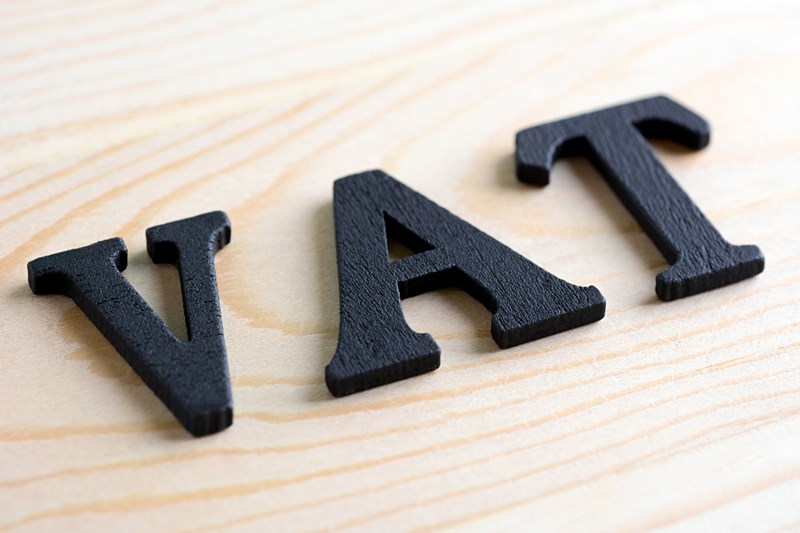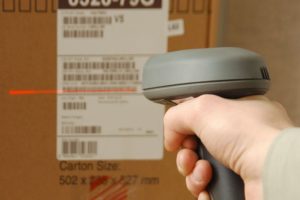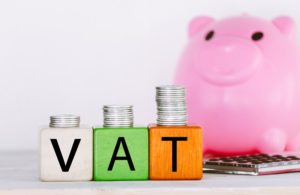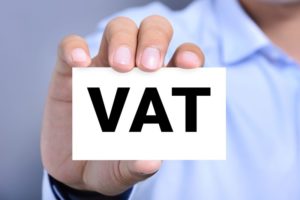Where an error on a past VAT return is uncovered taxpayers have a duty to correct the error as soon as possible. HMRC can also charge penalties and interest if an error is due to careless or dishonest behaviour.
As a general rule, you can use a current VAT return to make any necessary adjustment. However, in order to do so, there are three important conditions that must be met:
- The error must be below the reporting threshold.
- The error must not be deliberate.
- The error can only relate to an accounting period that ended less than 4 years ago.
Under the reporting threshold rule, taxpayers can make an adjustment on their next VAT return if the net value of the errors is £10,000 or less. The threshold is extended if the net value of errors found on previous returns is between £10,000 and £50,000 but does not exceed 1% of the box 6 (net outputs) VAT return declaration figure for the return period in which the errors are discovered.
VAT errors of a net value that exceed the limits for correction on a current return or that were deliberate should be notified to HMRC using form VAT 652 (or providing the same information in letter format) and should be submitted to HMRC’s VAT Error Correction team.
Planning note
If you discover an error on your VAT return and are unsure of the correct way to deal with it we can provide assistance. It is important that any errors are disclosed before they are discovered by HMRC. Non-disclosure can result in higher penalties and interest being due. HMRC generally look favourably on taxpayers who are proactive in correcting any errors they discover.







